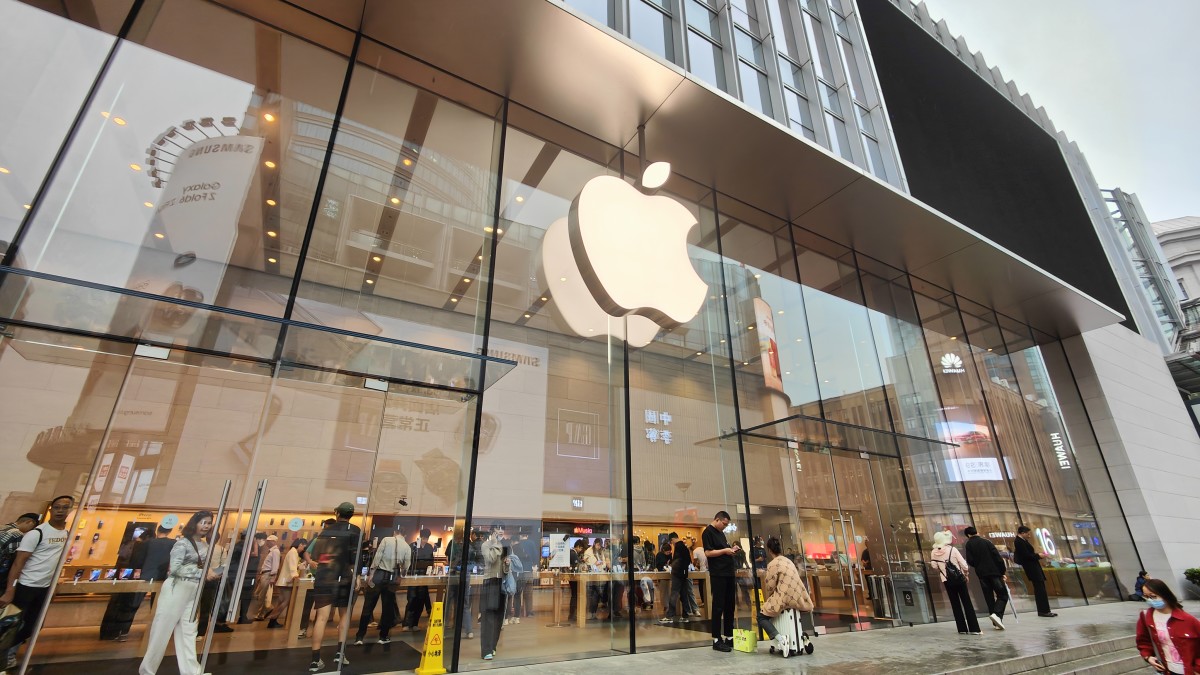U.S. tech stocks tumbled in early Friday trading, extending one of the worst days for the Nasdaq in five years, as China hit back at President Donald Trump’s sweeping global tariffs with new levies that look set to trigger a damaging trade war between the world’s two biggest economies.
China’s Finance Ministry said it would impose a 34% tariff on all U.S. goods on April 10, a day after Trump said his ‘reciprocal’ levies against trading partners around the world, including China, would kick-in.
“The US action does not abide by international trade rules, severely undermines China’s legitimate and lawful rights and interests, and is typical unilateral bullying,” the Ministry said.
Officials also added 11 U.S. companies to its “unreliable entities”, a designation that will prevent them from dealing freely in China markets, the largest in the world for things such as smartphones and electric vehicles.
A further 16 companies were placed under export controls, which will effectively halt shipments of so-called ‘dual use’ items, which include China-made components but are manufactured or assembled outside the mainland.
 China is a crucial market for Apple, generating around 20% of its revenues and 50% of its iPhone production.
China is a crucial market for Apple, generating around 20% of its revenues and 50% of its iPhone production.
Apple (AAPL) shares, which suffered their largest-ever single-day slump in terms of market value yesterday, shedding around $330 billion in value, were marked another 4% lower in premarket trading to indicate an opening bell price of $194.88 each.
Apple generates around a fifth of its revenue from China, but, more importantly, is deeply dependent on its manufacturing base and supply chain connections.
Wedbush analyst Dan Ives estimates that the “vast majority of iPhone production is out of China”, including over 50% of Mac products and between 75% and 80% of iPads.
Related: Trump tariffs raise U.S. recession and stagflation risks
Tesla (TSLA) , which is not only heavily-reliant on China for its Asia manufacturing base but also sees between a quarter and a third of all of its EVs into the world’s biggest car market, was marked 5.23% lower at $253.39.
Nvidia (NVDA) shares, meanwhile, were marked 3.6% lower at $98.15 each as investors grew nervous about its ability to sell high and middle-end chips into China’s semiconductor market.
Nvidia generated around $5.4 billion in China-based revenue for its fiscal third quarter ended in October, with another $5.15 billion coming from clients and customers in Taiwan. Collectively, the two accounted for some 30% of the group’s overall tally of $35.1 billion.
Late last month, London’s Financial Times reported that Beijing is looking to curb some of Nvidia’s exports on the basis of new environmental restrictions.
China’s State Administration for Market Regulation launched an investigation into Nvidia in January tied to allegations it had breached anti-monopoly laws with its $6.9 billion purchase of Mellanox Technologies in early 2020.
All of the so-called Magnificent 7 tech stocks, in fact, have been in sharp decline over the past three months, with the Roundhill Mag 7 ETF falling into bear market territory last night, as investors count the cost of potential China restrictions and fading bets on the AI investment thesis.
Related: There’s no need for a trade war; America’s already won it. By a lot.
The Nasdaq itself is down nearly 18% from its mid-December peak, and could open in bear market territory on Friday, following its biggest decline in nearly five years on Thursday that wiped out $1.4 trillion in value from the tech benchmark following President Trump’s tariff announcement.
“The economic pain that will be brought by these tariffs are hard to describe and can essentially take the US tech industry back a decade in the process while China steamrolls ahead,” Ives said.
“If these tariffs went into place at current form overall tech earnings would come down 15% at least, the supply chain will be a Rubik’s Cube rivaling Covid days, and the economy would go into a recession/stagflation,” he added.
More Tech Stocks:
